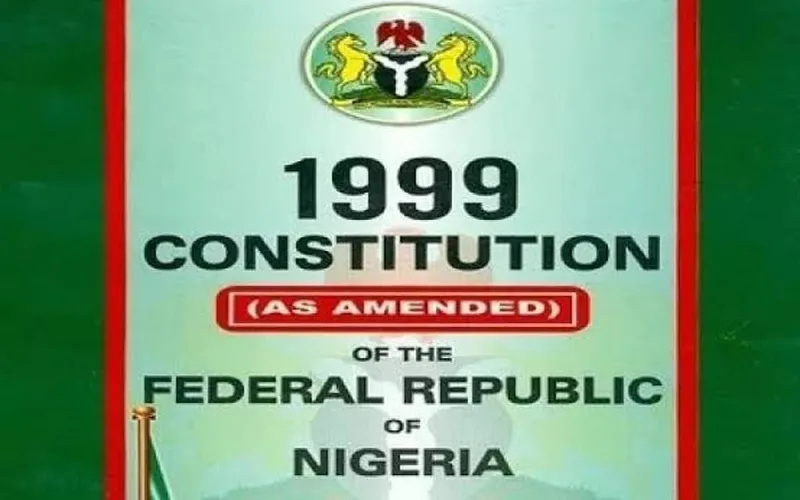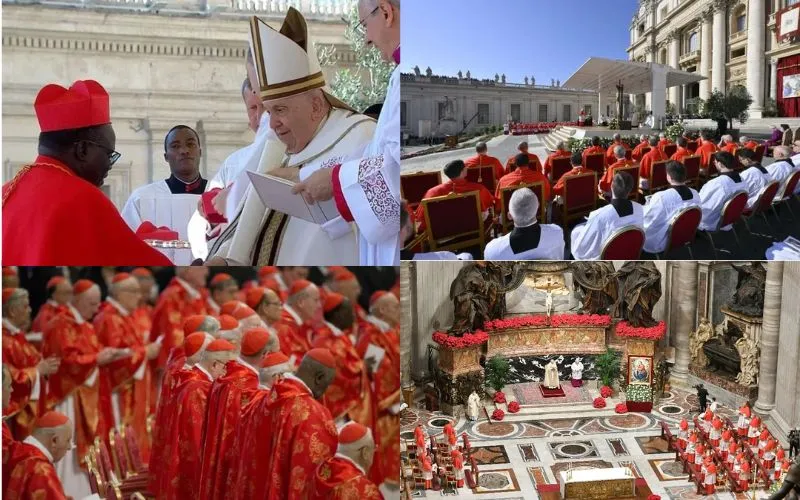Abuja, 11 June, 2021 / 9:00 pm (ACI Africa).
Catholic Bishops in Nigeria have calling for a review of the 1999 Nigerian Constitution saying it favors Muslims, puts “Christians and adherents of other religions at a disadvantage,” and does not augur “well for the unity and progress of the country.”
In a memorandum submitted to the Senate Committee on Constitution Review Thursday, June 10, members of the Catholic Bishops’ Conference of Nigeria (CBCN) say, “There must be an end to the practically established status that Islam enjoyed in the Constitution in order to maintain the peace and unity of the nation.”
“The particular aspect we want to address for this Review of the 1999 Constitution has to do with the place Islam as a religion has assumed in our Constitution vis-à-vis our national life, to the extent that the 1999 Constitution has put Christians and adherents of other religions at a disadvantage in any place with a Muslim majority,” CBCN members say.
They add, “Regarding the 1999 Constitution of the Federal Republic of Nigeria, we state in the first place that there was no time Nigerians convened as individual stakeholders or as represented citizens to decide on or give it to them as a binding law or Constitution.”
Since 2007, members of Nigeria’s national Assembly have been reviewing the 1999 constitution.








